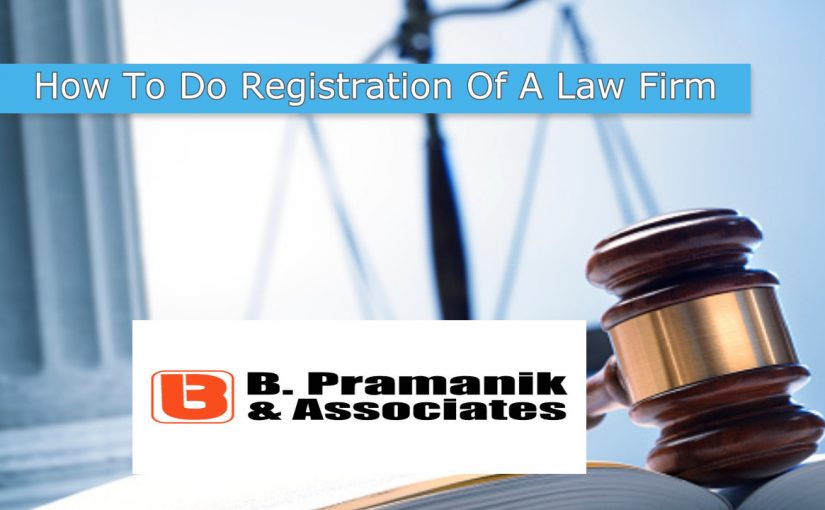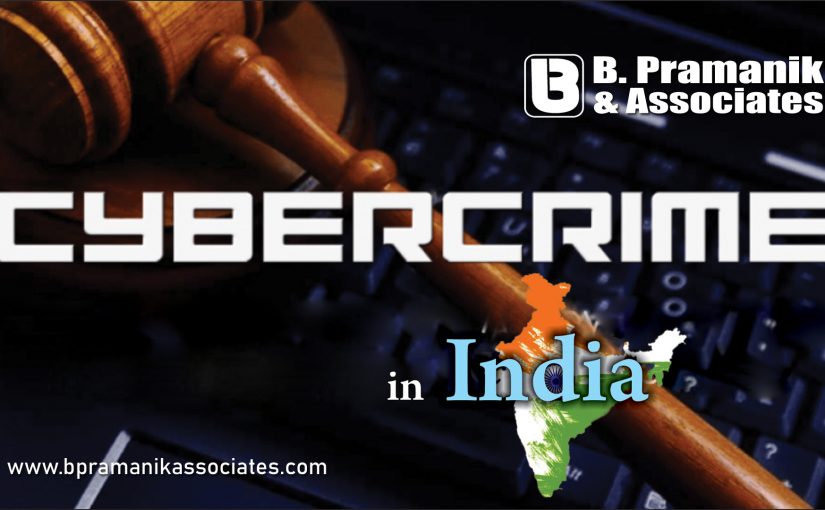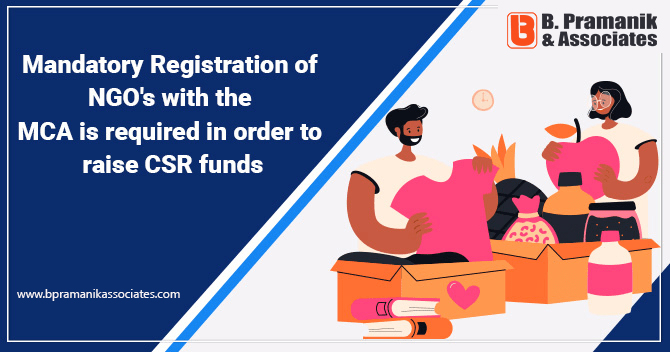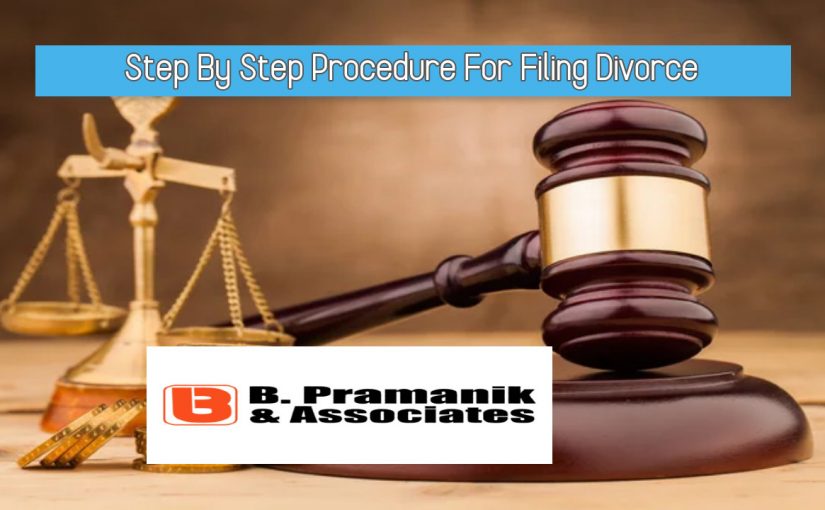
How to do registration of a law firm
- Enrollment of a Law Office
A person must be at least 21 years old and have a legal degree from an Indian or foreign university that has been approved by the Bar Council of India before they may establish a law business. There is a Bar Council in each state. After earning a degree, you must register with one of India’s State Bar Councils.
What factors should you think about before registering?
Before establishing a legal business and seeking to register it, a lawyer must take into account a number of considerations. From the perspective of a lawyer, these elements are crucial since they outline the tasks, administration, and foundation of the company.
Small Liability
The advantage of a Limited Liability Partnership over a Sole Proprietorship is that in an LLP, the partners’ personal assets cannot be used to settle company obligations, but with a Sole Proprietorship, the owner’s personal assets can be used to settle business debts.
Amount of attorneys and their roles
If a lawyer chooses a sole proprietorship, then all management, decision-making, finance, record-keeping, and tax-bearing tasks must be completed by a single person. However, if a business has partners, then work is divided up according to specialization, and tax is shared by all the partners.
Management
In a sole proprietorship, a single individual would be responsible for managing the business would
make all decisions and perform all actions.
When there are two or more partners in a business, each partner is free to express their
individual viewpoints. Since different attorneys have distinct areas of expertise, this can result in
the specialization of work but also in contradicting conclusions .
Taxes
How a corporate entity will be taxed is one of its main worries. Any business profits or losses must be reported on the sole proprietor’s personal income tax return if the business is one of those. However, whether the company is a partnership business or an LLP, a flat tax rate of 30% is applied.
Types of Legal Structures and their Registration
1.Sole Proprietorship.
2.Partnership.
3.Limited Liability Partnership.
4.Solo Entrepreneurship
The simplest and most basic type of business structure is a sole proprietorship because only one person manages and runs the company. This person is not protected by limited liability because, in the event that the loan amount needs to be recovered, the sole proprietor may use his or her personal assets to do so.
In India, there is currently no official process in place to register a sole proprietorship legal business. This may only be accomplished by creating a bank account in the proprietorship firm’s name or by acquiring the necessary permissions.
You will need a few things to create a current bank account, including:
Registration for service taxes.
- a letter describing the nature of your business from your CA.
- Letterhead featuring the name and address of the company.
- Add a stamp with the proprietorship’s name.
- Identification and address proof for the owner. You will also require documents.
How to Onlinely Register a Sole Proprietorship Firm
- Request assistance at cliklawyer.com.
- The welcoming staff at cliklawyer.com startup will contact you by phone.
- They will aid in your understanding of legal matters pertaining to your startup.
Partnership
A partnership is a business that is owned and operated by two or more persons.
An agreement that outlines the duties and obligations of the partners governs the partnership, which may be general or limited.
The Indian Partnership Act, which can governs the partnership of businesses in India. Although there are no consequences for not registering, you are not required to register your partnership business.
A partnership business may be registered either when it is first formed or even after. You must submit your application to the local area’s Registrar of Firms where your business is situated.
Name of your company.
Name of the location where the company is located.
date on when the partners joined the company.
Partners’ full names and addresses for the long term.
Ensure that the registration application is submitted with the required
paperwork and payment.
Application for Registration in the Prescribed Form – I Properly filled-out Sample of Affidavit Certified copy of the Partnership deed Documentary evidence that the business location is owned by the applicant or that a rental or lease arrangement therefore.
The Registrar of Firms will record an entry of the statement in the Register of Firms and issue a Certificate of Registration after he is satisfied that the application procedure has been properly followed.
Each registered firm’s complete and current information may be found in the Register of Firms kept at the registrar’s office. Upon payment of the required fees, anybody may examine this Register of Firms.
A copy of all the information about a firm that is registered with the Registrar of Firms will be sent to the applicant upon payment of the specified fees by any person who wishes to examine the data of any firm.
Limited Liability Company
A highly popular approach for partnerships of all sizes to function more safely than a general partnership is through an LLP. Incorporating an LLP has the benefit of protecting your personal assets in the case of a lawsuit. Since it was implemented in India, the majority of legal firms have switched to this model.
As the name implies, a limited liability partnership protects each partner from the carelessness, wrongdoing, or incompetence of the other partners by limiting each member’s liability to their contributions to the firm.
To establish Indian LLP
- A Designated Partner Identification Number must initially be obtained (DPIN).
- Afterward, one must get a digital signature certificate (DSC).
- A distinctive name for the LLP Firm would subsequently be requested following the DSC application.
- These will be used to submit a petition to the MCA for incorporation. At the conclusion of this procedure, the Certificate of Incorporation will be authorized.






















































